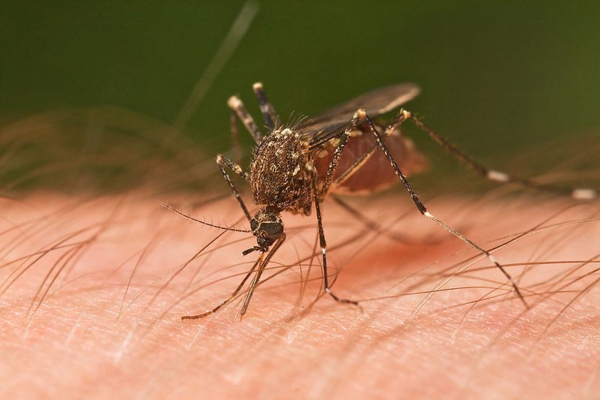The Summer
Summertime means many things: the kids are out of school, lots of sunshine, crowded beaches, outdoor activities and barbecues. Unfortunately, it also means mosquitos and other pests that threaten to put a damper on your summer fun. Bug spray is often the handy, go-to item to keep these pests at bay, but how safe is it? Are there limits and adverse effects that go along with it? According to the folks at Discovery Health, there are.
What’s In It?
Bug spray is, at its core, a chemical compound that you spray on your skin to stop bugs from biting you. These chemicals don’t kill mosquitos and their ilk, which is the number one difference between bug spray and pesticide, but instead produce unpleasant odors that make them avoid you altogether. The effect is similar to fellow humans wearing foul-smelling cologne; you want to steer clear of them. Whenever you hear insects buzzing overhead, it’s tempting to reach for that trusty aerosol can or spray bottle, but be careful to not overdo it. The main component of the most effective bug sprays, DEET, is used to prevent mosquito-borne illnesses but isn’t fit for human consumption and can even cause burning in mouth and nasal cavity, skin blisters, rashes and even consequent scarring. Other insect repellent compounds on the market are IR3535, Picaridin and lemon eucalyptus oil. IR3535 and Picaridin have been shown to have no ill effects regarding the skin, yet Picaridin can cause a slight irritation and itchiness in the eyes if exposed. Lemon eucalyptus oil is the top-performing plant-based insect repellent, which is great if you want to go more natural, but it can still irritate the eyes as well as the skin. Also, too much exposure via breathing in or ingesting any of these chemicals can actually poison you and make you extremely ill.
Common Symptoms of Bug Spray Poisoning
• Dizziness
• Coughing
• Difficulty breathing
• Lack of coordination
• Disorientation
• Upset stomach
• Vomiting
• Tremors and even seizures*
*Typically if large quantities of chemicals are inhaled or ingested
Despite the potential for danger, the above compounds have all been tested safe for use. However, the most important thing is to always read the product labels and follow the usage instructions carefully to avoid any accidental ingestion, skin irritation or poisoning. It’s best to avoid using bug sprays containing DEET on young children, and avoid spraying any repellent into the air. Instead, simply use small amounts at a time, sprayed directly onto the skin. To avoid harsh chemicals completely, you can make your own natural insect repellent with a 5 to 1 ratio of essential oil (like cinnamon, citronella or lemon eucalyptus) to witch hazel, rubbing alcohol or sunflower oil.
Austin, Texas is where Peter Wendt calls home. He has been researching and writing for several years in the Lone Star state. Here you can find out more about this topic.

